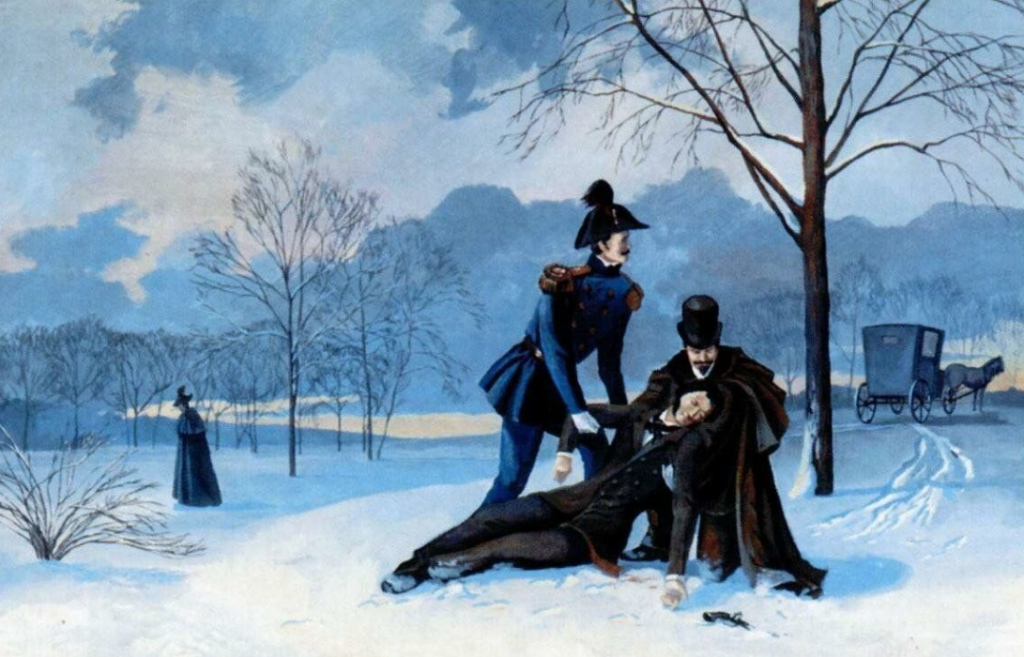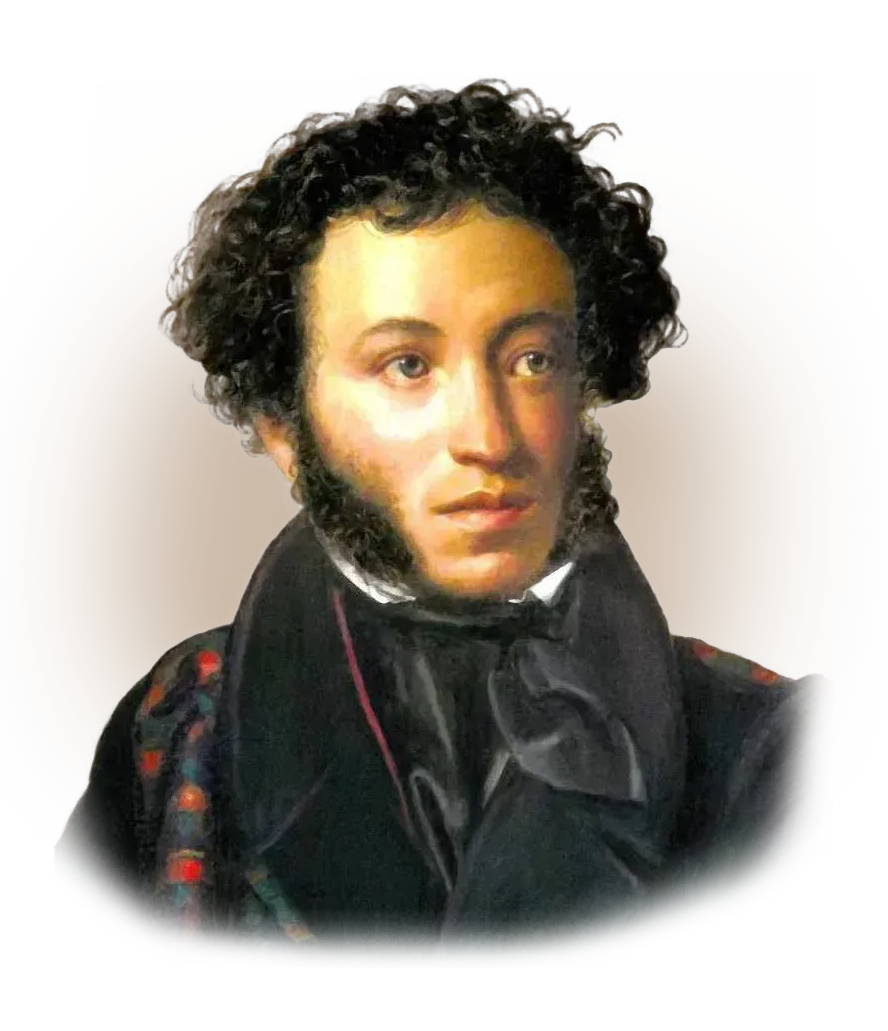
06.01.2023
The story of Alexander Pushkin’s last duel began three months before the fatal shot. In November 1836, the poet receives a letter with the so-called patent for the title of cuckold, in which the anonymous author hints at the infidelity of the poet’s wife.
Pushkin, based on gossip, decides that this is the work of 24-year-old Georges Dantes, and challenges him to a duel. At the same time, it is still not clear who in reality was the author of the offensive lampoon.
Dantes emigrated to Russia after the next French Revolution. In St. Petersburg, he falls under the patronage of the Dutch diplomat Louis Heckern, who later became his guardian. Moreover, Baron Haeckern adopted Dantes six months before the duel, although at that time Georges had long been of age, and his own father was not deprived of parental rights. Such a strange act gave rise to a lot of rumors about a homosexual relationship between the 44-year-old Baron Gekkern and the 24-year-old Dantes.
Georges Dantes did not want to fight with the main poet of Russia. Pushkin at that time, although he was experiencing difficulties in his career, but his position in society was high — primarily due to his friendship with Emperor Nicholas I. Therefore, a week after the challenge to a duel, Dantes takes a strategic step: he calls Ekaterina Goncharova, the sister of Pushkin’s wife, into marriage, which is why the poet is forced to abandon the duel. Georges and Catherine got married a month and a half later. During the six years of marriage, they had four children, after the last birth, Ekaterina died.
Resumption of the duel
It would seem that the duel is in the past, but on February 7, 1837, Dantes’ guardian receives a letter from Pushkin. The poet accuses Louis Hecker of pimping his son with the poet’s wife. Then the baron himself calls Pushkin to a duel, noting that Dantes will shoot for him. The fight is scheduled for the next day.
The day before the duel, Pushkin and his wife visit the theater, where he asks his friend Princess Ekaterina Dolgoruky to invite his wife to visit tomorrow at noon and keep her as long as possible. The poet’s wife finds out about the duel only when he was brought home wounded, although she had a chance to stop her husband. On February 8, Pushkin’s carriage, following the Black River, crossed with Natalia Goncharova’s carriage, but she did not notice her husband because of myopia, and he was looking the other way.

Battle
Dantes and Pushkin were shooting at around 17 o’clock, when it was already getting dark in St. Petersburg. The conditions of the deadly duel were prescribed three hours before: the opponents stand at a distance of 20 steps facing each other and move to the barriers, between which 10 steps. You can shoot immediately, but without crossing the barrier.
Dantes fires the bullet first, hitting Pushkin in the stomach, causing the poet to fall and drop the revolver in the snow. The seconds replace the weapon while Dantes stands still and waits for the opponent’s shot. Pushkin aims at the chest and hits, but Dantes covers himself with his hand. The bullet pierces through his hand, but Georges is saved by a button of his uniform, which was hit by a bullet.
The Death of Pushkin
Pushkin is taken home in Baron Haeckern’s carriage, the poet is not informed about this, so as not to anger him. Alexander Sergeevich was treated by several doctors, including Vladimir Dahl, the compiler of the explanatory dictionary, and Nikolai Arendt, the emperor’s physician. They all agreed that the wound was fatal, which was reported to Pushkin.
After the shot, the poet lived another 46 hours. Before he died, he asked his wife to feed him cloudberries. He ate two berries and told Natalia to wear mourning for two years, and then marry a decent man. But it happened seven years later, the nobleman Peter Lansky became Natalia’s second spouse.




